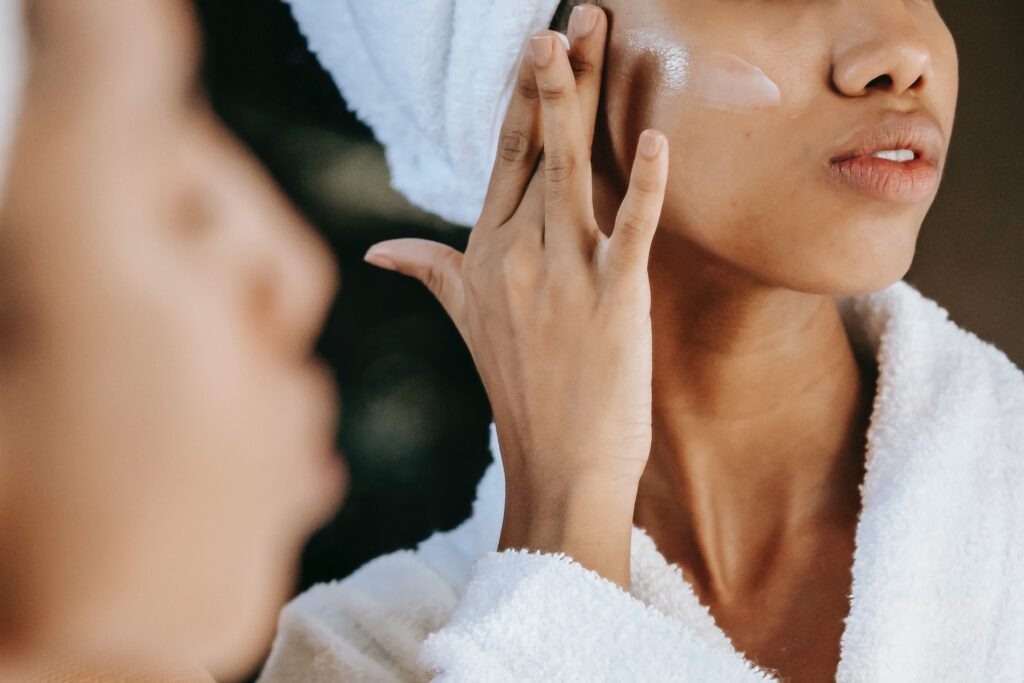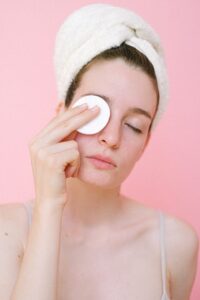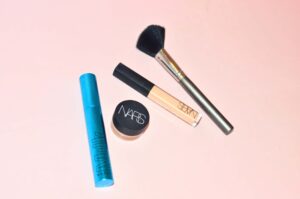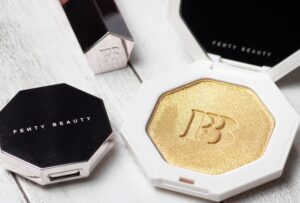Moisturizer is acknowledged to have those wizard properties in the skincare realm. But although it gives a hint of grace, it also comes with a ton of instructions, it can be complicated. Choosing the right moisturizer might be quite ride, and we’re here to make it easier for you.
Being that one crucial product in the skincare routine, one can only skip moisturizer at their own peril. We’ve broken down all moisturizer types, formulations, and ingredient effects, making sure you utilize the use of such products.


What Is a Moisturizer?
A face moisturizer is a skincare product, the key benefits of which are the hydration and nurture of the skin barrier. Moisturizer comes in handy whenever you feel like refreshing and protecting the surface layers of the skin.
With its multiple benefits or formulas, which we’ve covered in the sections below, moisturizer reassures you get to live the very health of your skin.
What are The Benefits of Using Moisturizer?
The benefits of using moisturizer go beyond hydrating the skin, and they vary from the moisturizer type you’re using, the moisturizer brand, to the very skin complexion of yours, but as the general aims of the product’s roles are:
- Preventing Skin Dryness – Multiple environmental factors – including heat, extreme sun exposure, or pollutants such as dust in the air- get to the skin, minimizing skin oil and making the skin subject to dryness. But that’s exactly where a moisturizer can be of use, restoring lost moisture, locking nurture, leaving the skin smooth, and even preventing future irritation.
- Protecting the Skin from the Sun – Moisturizer can also act as a sun protection skincare product while being rich in SPF, and blocking the sun’s damaging ultraviolet rays.
- Evening the Skin tone – Moisturizer is very important for every skin type, as it helps with rough skin, and prevents skin redness, dryness, and visibly reduces skin pigmentation, all leading to an even skin tone.
- Having Anti-Aging Properties – Aging is something we’d all want to escape (at least from showing through our skin). Although moisturizer can’t help the skin-aging process, it can most definitely slow it down and make the skin look younger and aging less, while making the wrinkles less noticeable.
- Improving Skin Texture – Implementing a face moisturizer into your skincare regime will always help improve your skin texture, as skin hydration always leads to a smooth and soft skin appearance.
Does Every Skin Type Need a Moisturizing Product?
There are three types of moisturizer formulas and that includes emollients, occlusives and humectants. Each with their different properties and effects on different skin types, make the realm of the product even more exciting to research.
Face Moisturizer Formulas
1. Emollients
Emollients are a subclass of moisturizers or a type of ingredient in moisturizers that fills in skin cracks and helps in providing good hydration, achieving a smooth surface. Emollients, great for those with dry skin, are known to have a creamy, heavy feel. Since they are light oils, emollients would not preferably be of great deal for those with oily skin because they might clog pores and even cause breakouts.
Some great emollient ingredients would be shea butter, jojoba, palmitate, almond oil, or sesame oil.
2. Occlusives
The water content, which is necessary for the skin, can not escape or get through the skin barriers when occlusive moisturizers are applied, since they work as a protective barrier that traps in the moisture. Occlusives have a greasy, thick feel, and work great as double agents when combined with emollients or humectants.
Typical occlusive ingredients in moisturizers that would work very well are mineral oil, paraffin, or cocoa butter.
While occlusives are very great for every skin type, they work best when used for those with dry or damaged skin.
3. Humectants
Humectants act as a great moisturizing ingredient, completing their duty by attracting and drawing water to the top skin layers. Humectants have a lighter, water-like feel. Some great examples of humectant ingredients would be panthenol, aloe vera, or glycerin.
How to Choose a Moisturizer?
It’s always better to eye-scan the ingredients list of a moisturizer before you get one.
1. Pick a fragrance-free moisturizer
Fragrance-free skincare products are the cheat code for healthy skin, so make sure your moisturizer doesn’t contain fragrance because it causes skin irritation and even has an influence on premature skin aging, and these are only some of its side effects.
2. Pick the right moisturizer product for your skin type
The word moisturizer generalizes all product types and that includes gels, ointments, and lotions.
Ointment Moisturizers
Ointment moisturizers are the thickest moisturizer formula and have a greasy or even sticky feeling. Very rich in oil content, ointment moisturizers make a great option for those with very dry, flaky skin, and should be avoided if you have oily skin that’s prone to acne or breakouts.
Gel Moisturizers
Known for their non-oily texture and lightweight consistency, gel moisturizers are very effective in providing hydration. Gel moisturizers are effective for oily, combination, or acne-prone skin since they do not add that extra oil to the skin barrier. If you have dry or sensitive skin, you may want to avoid gel moisturizers since they can cause irritation or dryness.
Lotion Moisturizers
Lotion moisturizers, also a lightweight moisturizer formula, are best for those with normal skin type, whereas for those with dry or sensitive skin lotion moisturizers may not give the proper skin hydration.
3. Make sure the moisturizers are non-comedogenic
It is very important for your moisturizer to be non-comedogenic so they don’t cause breakouts because comedogenics are ingredients that are likely to clog pores and cause breakouts or acne.
Is daily moisturizing good?
Daily moisturizing is not only good, but it is also important. Without all the skin-appearance benefits moisturizing delivers, skin health, which is the ultimate goal of skincare, is also assured.
While it’s best when applied at night because the skin is 15% more absorbent during the period, you can apply moisturizer whenever you want, as it doesn’t have side effects as long as you pick the formula that suits your skin type.
The best time to use moisturizer can be after a bath, exfoliation, or shave, as skin tends to be left drier in such instances.



